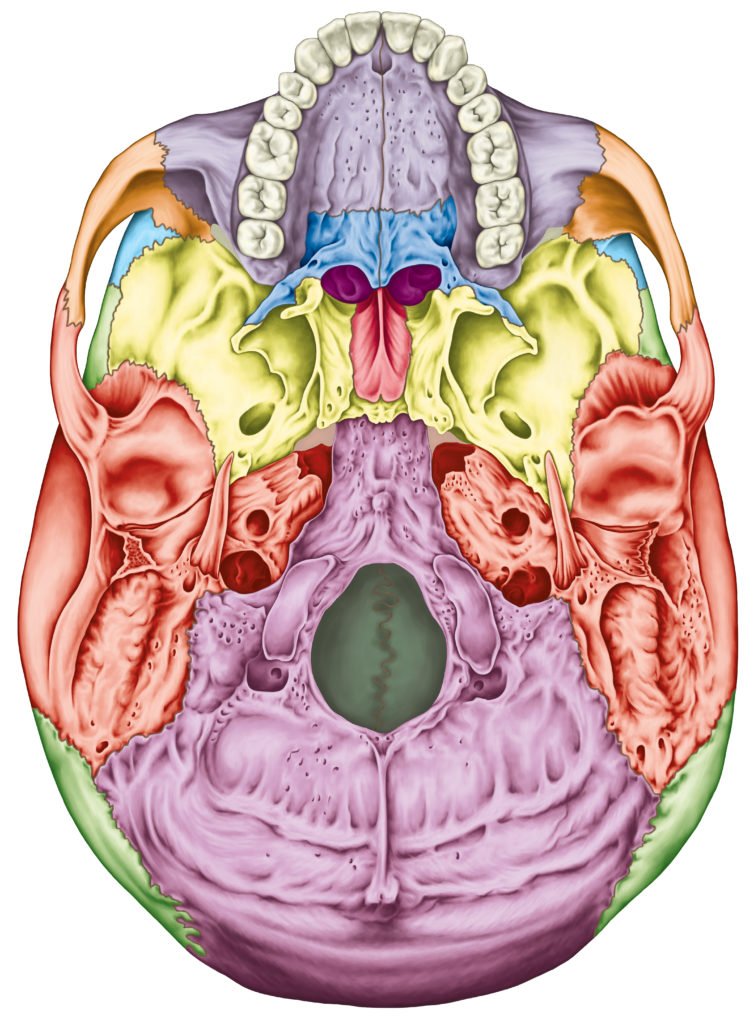The concept of Skull base surgery is to select the ideal and most adapted pathway to the lesion.
What is Skull Base Surgery?
Skull base surgery is an emerging speciality of the future which lies in an overlapping domain of ENT surgeons, Neurosurgeons and Maxillo-facial Surgeons. ENT specialists specialising in skull base surgery deal with tumours arising primarily in the anterior and lateral skull base.
The area under the bony vault of the brain(cranium) is known as Skull Base region. This small region is densely packed with important nerves and blood vessels. As a result of which, surgery is a delicate and precise science.
Tumors and pathology of skull base present with a myriad of symptoms that are specific to the area, the nerves or blood vessels involved.
Examples of skull base tumors are:
- Vestibular Schwannomas: Tumors arising from the eighth cranial nerve
- Glomus tumours or paragangliomas of head and neck region
- Tumors arising from facial nerve: Nerve responsible for facial expression
- Tumors of the parotid: Deep lobe of parotid forms a content of one of the subdivisions of the lateral skull base
- Petrous apex granulomas: deep seated region of temporal bone
- Skull base osteomyelitis: infection and inflammation of bones, commonly seen in diabetics and other immuno-compromised conditions
- Juvenile naso-angiofibroma: commonly presents with nose bleeds in young males.
Management of skull base tumors
Diagnosis of a skull base pathology is dependent on the symptoms that it presents with. An in depth history and examination gives initial information for differential diagnosis. MRI and CT scans add information regarding the location and extent of the disease. Biopsy has a limited role in tumors of skull base, as access is almost always difficult. Moreover, it is not advised in juvenile naso-angiofibromas and glomus tumors (paragangliomas) because of high risk of bleeding.
Treatment offered can vary based on the pathology. Surgery may be the treatment of choice for one disease, wait and watch for another. Some may require only medical management. Patients need to have a detailed discussion with the treating doctor regarding the same.

